You can also count on us for all your tax questions. Tax law is closely related to other branches of law, such as corporate law, commercial law and employment law, and the tax consequences of business decision often play a determinant role in making those decisions.
Tax considerations in your company
Already at the start of your company, you have to make decisions that have important tax consequences: are you going to develop your business in person or are you going to establish a company for this purpose? If you choose the first option, your income will be taxed under the personal income tax regime. If, on the other hand, you opt to work via a company, the income of the company will be taxed under the corporate income tax regime.
Furthermore, we can help you to find the most tax-friendly solution for carrying out transactions or restructurings. In this regard, corporate law and tax law are closely intertwined. A transfer of shares (share deal)), for example, is subject to a very different tax regime compared to a transfer of the underlying assets (asset deal).
If you wish to merge your company or transfer your business activity to another company, we can assist you in this process and ensure that you will not be faced with any tax surprises. Here too, corporate law and tax law go hand in hand, since a merger or acquisition can only take place in a tax-neutral way if the rules of corporate law are complied with.
Taxation of intellectual property rights
We have a preference for innovative companies. Not only can we help you to protect your inventions, we can also ensure that the income from your inventions receives the best possible tax treatment. Income from intellectual property rights enjoys a very advantageous tax regime in Belgium. Although these favourable tax measures exist, many entrepreneurs overlook them and pay too much taxes.
If, for example, you work as a freelancer, you can benefit from a reduced rate of 15% on the income from the transfer or license of copyrights. On top of that, the term ‘copyright’ is interpreted very broadly. As a result, not only traditional copyrights (novels, paintings, etc.), but also scientific contributions, interviews, computer software, designs by architects, etc. fall within the scope of this tax regime.
As an employer, it is also worthwhile to take a closer look at this favourable regime. After all, you can choose to pay your creative employee partly in royalties, as a result of which the employee benefits from a tax advantage and the labour costs for the company are reduced. For more information see our article Een verborgen parel: het fiscaal gunstregime voor auteursrechten.

